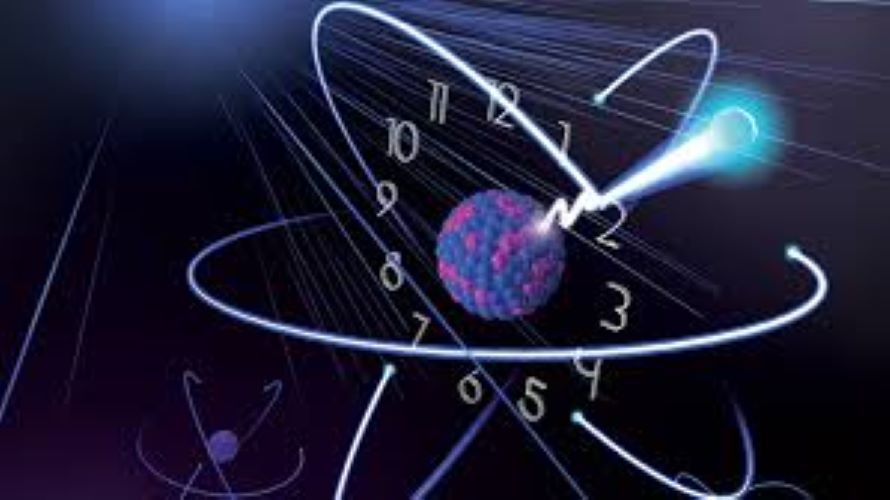The Future of Timekeeping: Advancements in Atomic and Nuclear Clocks

Timekeeping is a fundamental aspect of modern life. It influences everything from our daily schedules to global technologies. Recent research in atomic and nuclear clocks promises to enhance the accuracy of time measurement significantly. This evolution could redefine the very concept of a “second,” impacting various fields such as global positioning systems (GPS), telecommunications, and financial networks. As scientists push the boundaries of precision, the implications for technology and science are profound.
Transition from Atomic to Nuclear Clocks
The current standard for measuring a second is based on the vibrations of caesium-133 atoms. This method relies on electron transitions, with a frequency of 9,192,631,770 Hertz. While this measurement is highly accurate, researchers are exploring alternatives that could offer even greater precision. One promising candidate is strontium, which has a transition frequency in the visible light spectrum. In 2021, scientists began to highlight strontium’s potential for redefining the second, with plans for implementation by 2030.
In September 2024, a significant breakthrough occurred in the realm of nuclear clocks. A team of researchers in the United States reported advancements using thorium-229, an isotope known for its unique nuclear transition. This transition can be excited by ultraviolet light and has a frequency approximately one million times higher than that of caesium. This development addresses a previous challenge: creating a frequency comb that works with ultraviolet light. This breakthrough enables researchers to make precise measurements in this range, marking a significant step forward in timekeeping technology.
Impact on Technology and Science
The introduction of nuclear clocks could revolutionize various technologies that depend on precise time measurement. These clocks can achieve accuracy to the 19th decimal place, a level of precision that could transform fields such as GPS systems and advanced scientific research. The implications extend to understanding complex phenomena governed by quantum mechanics and general relativity.
Researchers believe that nuclear clocks will enhance the measurement of ultra-fast processes, which is crucial in fields like physics and space exploration. While caesium clocks remain the standard for now, the advancements made with thorium-229 suggest a transformative future for timekeeping technology. The potential applications are vast, ranging from improved navigation systems to more accurate financial transactions. As scientists continue to explore these advancements, the future of timekeeping looks brighter than ever.
Looking Ahead: The Future of Timekeeping
As we look to the future, the evolution of timekeeping technology raises important questions. How will these advancements affect our daily lives? The potential for redefining the second could lead to more accurate timekeeping across various sectors. Industries that rely on precise timing, such as telecommunications and finance, may see significant improvements in efficiency and reliability.
Moreover, the scientific community stands to gain immensely from these developments. Enhanced timekeeping could lead to breakthroughs in fundamental physics, allowing researchers to explore the universe’s mysteries with greater accuracy. As we continue to push the boundaries of what is possible, the integration of nuclear clocks into everyday technology may soon become a reality.
Observer Voice is the one stop site for National, International news, Sports, Editor’s Choice, Art/culture contents, Quotes and much more. We also cover historical contents. Historical contents includes World History, Indian History, and what happened today. The website also covers Entertainment across the India and World.

